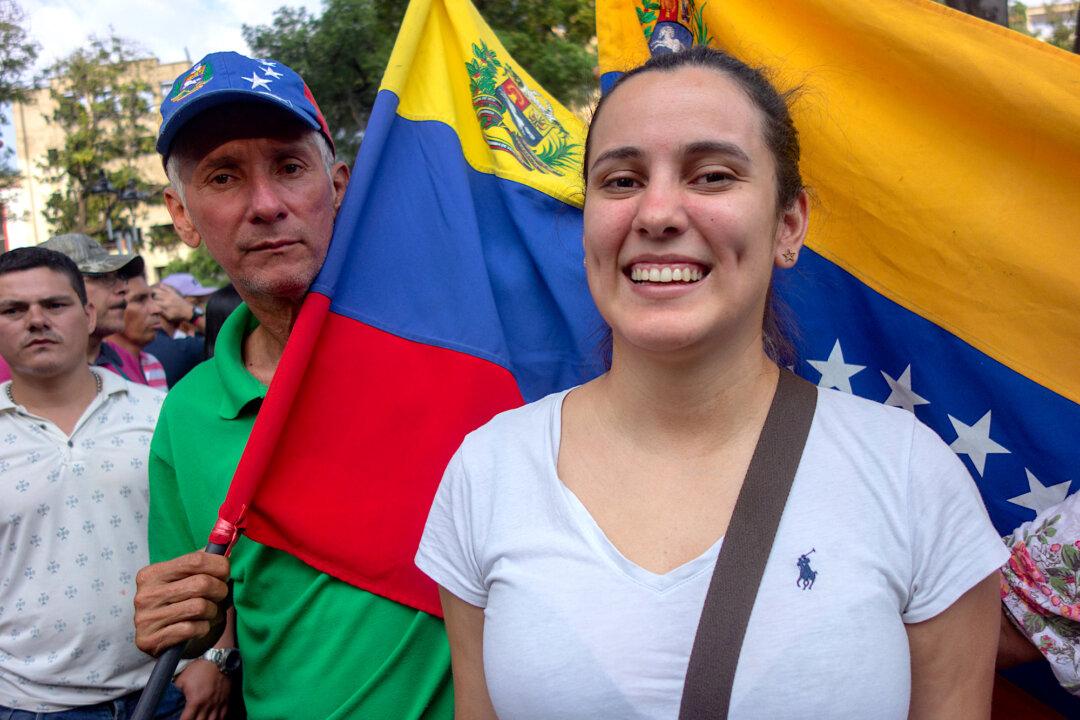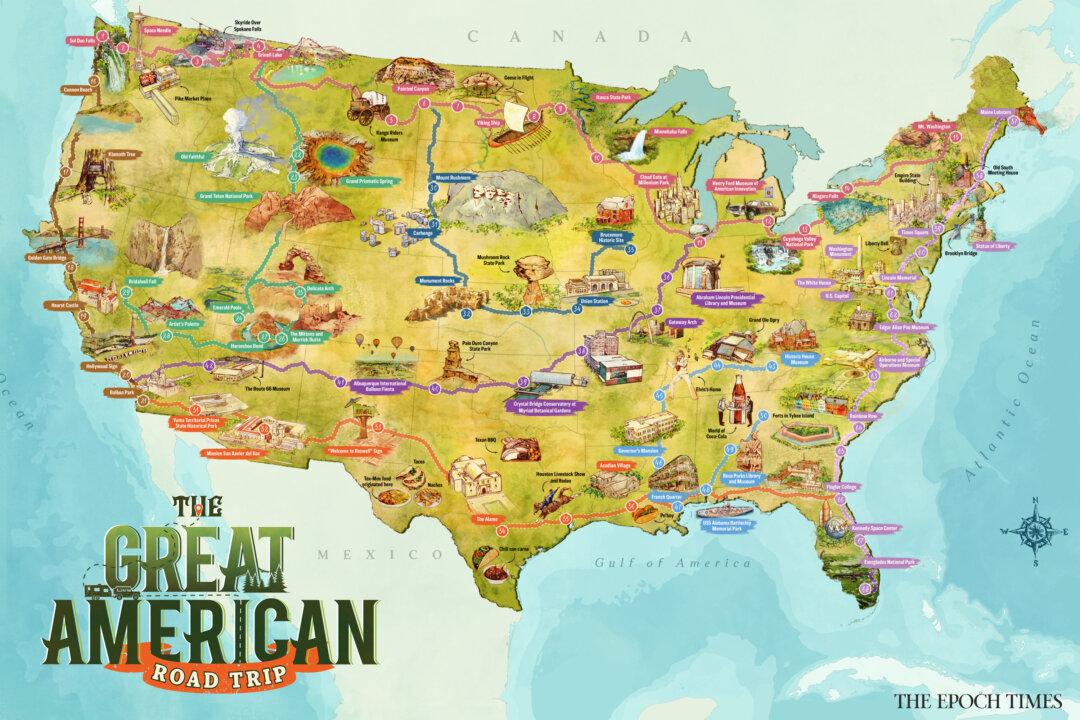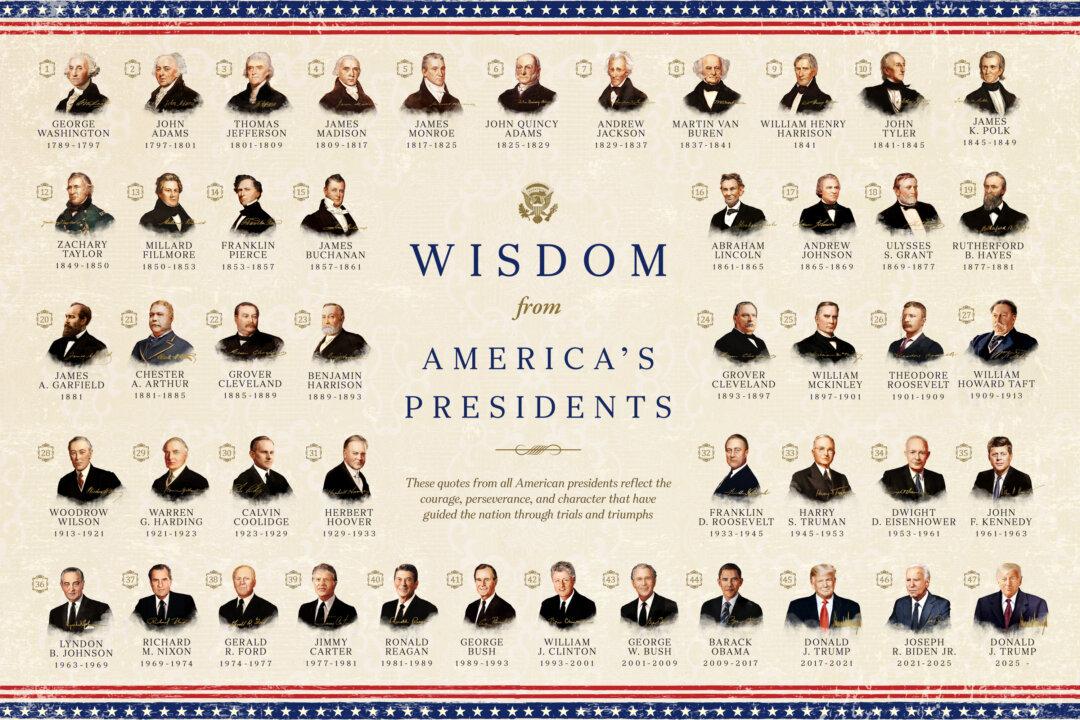BOGOTA, Colombia—Venezuelan refugees fleeing the socialist dictatorship of Nicolas Maduro into Cucuta, a humid border town, say they have been inspired by President Donald Trump’s address to the Venezuelan community that he gave in Miami on Feb. 18, fueling hope for change as the U.S. leader elevated their plight to the world stage.
More than three million Venezuelans have fled the poverty and famine in their homeland brought forth by years of socialist policies instituted by Maduro and his predecessor, Hugo Chavez. The exodus continues even as Maduro’s grip on the reins of the once oil-rich nation is facing its most significant challenge to date.




